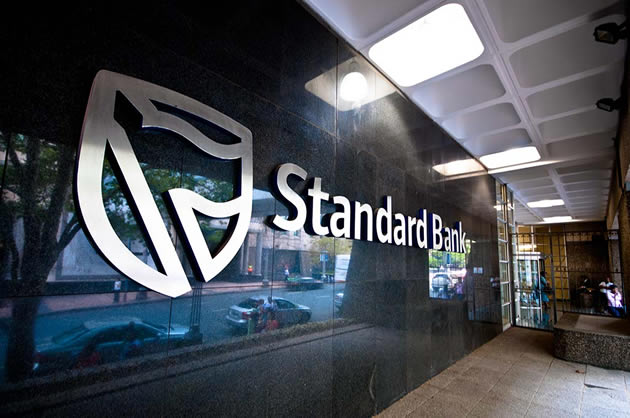Standard Bank finalises ZPC debt package

Business Reporter
Regional bank, Standard Bank has finalised a $120 million debt package for the Zimbabwe Power Company, for the rehabilitation of existing infrastructure at two of the State owned utility’s power stations.
The funding would be used to recondition facilities at ZPC’s Kariba South Hydro Power Station as well as Hwange Thermal Power Station.
This comes as the Government has prioritised the rehabilitation of dilapidated generation and transmission infrastructure to restore electricity generation capacity and supply reliability as a key factor in the economic turnaround strategy.
The Government’s efforts are however stifled by resource constraints owing to the sheer magnitude of financial resources required for infrastructure rehabilitation generally and for power infrastructure in particular which is estimated at several billions of dollars.
As lead arranger for the facility, Standard Bank partnered the Eastern and Southern African Trade and Development Bank (PTA Bank) to deliver the financing. The transaction is a continuation of a previous funding arrangement with ZPC, for its equity contribution to the 300 megawatt expansion of Kariba South Power Station.
The financial institution said that access to energy remained critical to the future growth potential of sub-Saharan Africa, yet power supply remains extremely limited across large parts of the region. The bank said it has been well articulated that inadequate energy supply constrains economic growth and development in Africa.
“This funding will assist in improving access to power for Zimbabwe and Namibia, and in the medium to long term, benefits of improved power supply and reliability will also extend to other Southern African Power Pool (SAPP) members. The proceeds will be applied to significant capital expenditure which will increase capacity and improve efficiency of the power stations,” said Tandiwe Njobe, regional head: investment banking, at Standard Bank.
Lack of reliable access to power, the Standard Bank investment banking head said, negatively impacted industry and economic growth.
Standard Bank said while raising finance remains a challenge in sub-Saharan Africa, this deal speaks to ongoing commitment to use its ground presence and expertise across Africa to finance the development of power and infrastructure projects throughout the continent.
Standard Bank said its local presence and its strong relationships with key stakeholders in the region were crucial to ensuring the positive outcome.
“This is a landmark transaction in which we could leverage our sector and technical expertise in both markets, as well as our understanding of the regional power dynamics and local regulatory environments, to deliver value to ZPC and Namibia Power Corporation, (NamPower). To make this transaction work we engaged with four regulatory bodies and key policy makers in four ministries in Namibia and Zimbabwe,” Ms Njobe added.
The facility is cross border, placing reliance for repayment on a long-term power purchase agreement (PPA) between ZPC and NamPower.
ZPC has a longstanding track record of supplying power to NamPower. The PPA provides a long term and sustainable cash flow stream to ZPC, enabling the entity to raise further funding for new projects and now for the rehabilitation of existing infrastructure.
Standard Bank has a long-standing relationship with ZPC as their primary banker, and with NamPower, which ultimately benefited all parties to the transaction. “It was important for us to support the regional power sector through this loan facility. The facility is significant in its contribution to increasing power generation in a region which has an on-going deficit and a clear need for dependable and sustainable power supply,” said Ms Njobe.
This comes as the Government is in the process of expanding electricity generation capacity at Kariba South by 300MW and Hwange by an additional 600MW to close the supply deficit with supply currently at just over 1 000MW against demand of 1 400MW. The two power projects will cost in excess of $1,5 billion to complete.










Comments